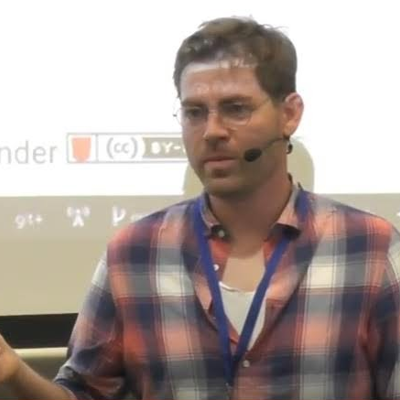5. June 2024, 10:55 – 11:25 Uhr
RemoteLabs as OER - The next evolutionary step
If we're being honest, most of the open educational resources (OER) available are in formats like PDFs, Word documents, websites, videos, blogs, podcasts, and images. Unfortunately, these formats often can't be easily modified or remixed without specialized tools, expertise, or rights.
In reality, much of what passes as OER is pretty static and frankly, a bit boring.
But imagine a different scenario. Imagine if we could fully embrace the 5R principles outlined by the William and Flora Hewlett Foundation: Retain, Reuse, Revise, Remix, and Redistribute. This means not just sharing content but also remixing and adapting entire educational experiences, like Remote Labs, without relying on servers or complex backend systems. Today's browsers are essentially becoming the next operating systems, offering a plethora of technologies such as WebRTC that enable direct peer-to-peer connections.
In our Crosslabs project, we've leveraged various web technologies to create a modular approach. We define modular laboratories and classrooms that can be easily shared as open-source projects. These modules can be combined, remixed, and configured, and then shared to create diverse laboratory experiences.
Think of it like video chats that utilize WebRTC to share live camera streams between browsers. We use this same technology to exchange real-time messages and status updates between browsers, facilitating the sharing of status information and signals needed for remote labs. The best part? No servers or complex administration are required—all you need is a web browser to establish a connection, much like joining a chat, and to share access to local hardware.
We'll demonstrate how easy it is for teachers and institutions to share local hardware and experiments. So far, we've successfully shared setups for Arduino, terminals, and even chemical experiments.
Speaker:innen
 André Dietrich
André Dietrich
Researcher at the TU Bergakademie in Freiberg Sebastian Zug
Sebastian Zug
TU Bergakademie Freiberg - Softwaredevelopment and robotics
Track
AI & Technology
Raum
Digital 2
Sprache
EN
Format
Input


